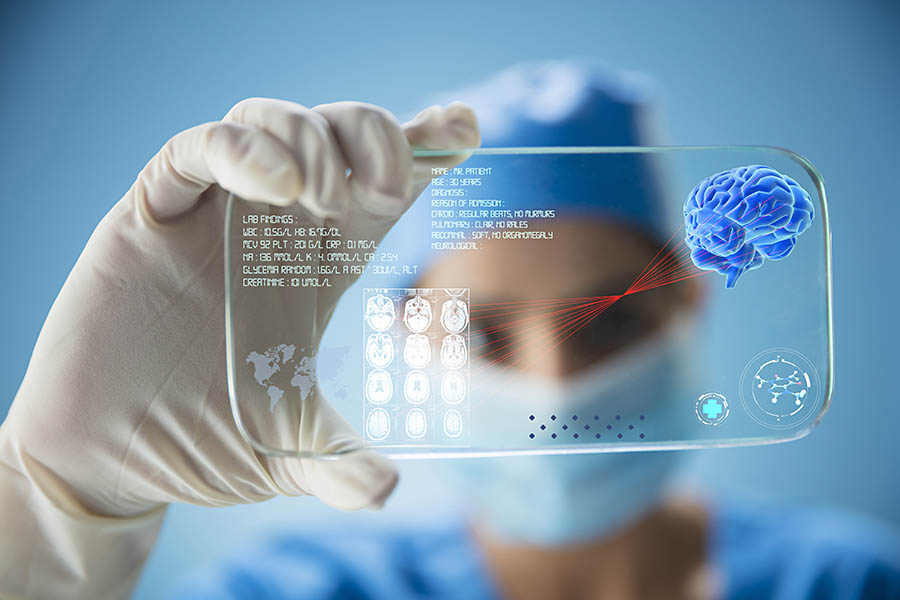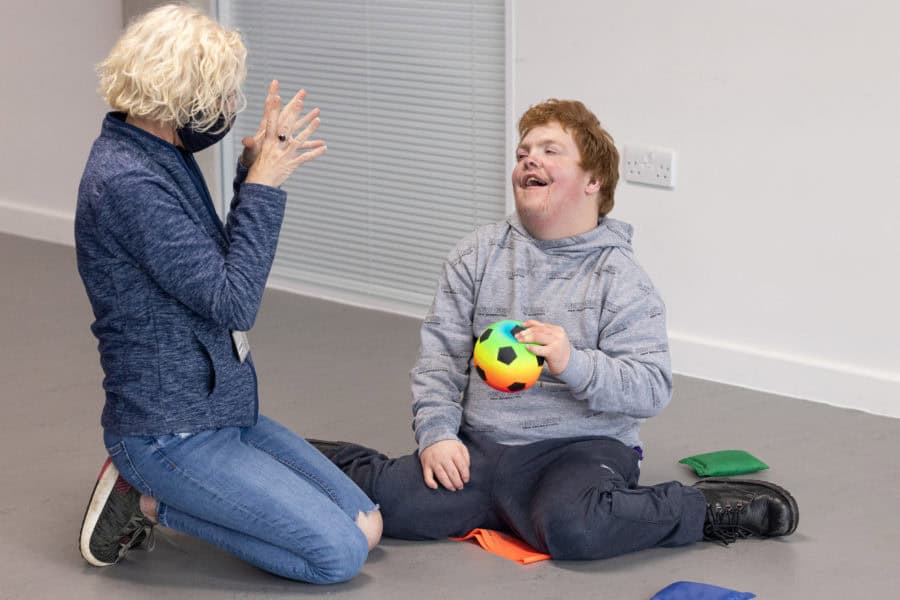
Screens are everywhere. From the moment you wake up to the time you head to bed, chances are you interact with a glowing device more than you’d like to admit. Whether it’s scrolling through your phone, working on your laptop, or binge-watching your favorite show, all these screens share one thing in common, a steady glow of blue light.
But what if this technological glow does more than strain your eyes? What if it affects how you breathe and even your ability to stay calm?
Recent studies reveal that exposure to blue light from digital devices can not only contribute to anxiety but also throw your breathing patterns off balance.
The Science of Blue Light and Your Brain
Blue light is part of the visible light spectrum, and it’s not all bad. Sunlight, a natural source of blue light, plays a vital role in regulating your body’s internal clock, or circadian rhythm. It helps you feel alert during the day and sleepier as night falls. However, artificial blue light emitted by screens disrupts this pattern. When you’re exposed to it late in the evening, your brain thinks it’s daytime, delaying the production of the sleep hormone melatonin.
This disruption doesn’t just make it harder to fall asleep. It also affects the hypothalamus, a part of the brain responsible for regulating stress responses and breathing patterns. Without restful sleep or a well-balanced circadian rhythm, your body becomes prone to anxiety, which can manifest physically, often as shallow, rapid breathing or a sensation of breathlessness.
The Link Between Blue Light, Anxiety, and Breathing
When your body encounters stress, your breathing automatically changes. Anxiety triggers the fight-or-flight response, pumping adrenaline into your system. This causes your breaths to become quicker and shallower as your body prepares to act. Unfortunately, blue light exposure, especially late at night, amplifies this stress response.
In addition, prolonged exposure to screens can overstimulate the sympathetic nervous system, which governs the body’s stress reaction. When your body is in this heightened state, it might remain stuck in a low-grade stress loop, leading to a vicious cycle of anxiety and disrupted breathing. Over time, this can leave you feeling mentally drained and physically fatigued.
How to Break the Blue Light-Breathing Cycle?

The good news is you can take control of your exposure to blue light and restore balance to your breathing patterns. Here are some simple actions you can try:
Limit Screen Time
Set specific times to power down your devices, especially a couple of hours before bed. Use apps or built-in screen timers to track your usage and remind you when it’s time to log off.
Use Blue Light Filters
Most smartphones, tablets, and computers have a night mode or blue light filter. Activate these settings to reduce the intensity of blue light in the evening. You can also invest in blue light-blocking glasses for added protection.
Practice Mindful Breathing
When anxiety kicks in or you notice your breathing feels off, pause and take a moment to reset. Techniques like deep belly breathing or the 4-7-8 method (inhale for 4 counts, hold for 7, exhale for 8) help calm your stress response and restore a steady rhythm to your breath.
Take Screen Breaks
Follow the 20-20-20 rule to reduce overall exposure. For every 20 minutes staring at a screen, look at an object 20 feet away for at least 20 seconds. This helps ease both eye strain and mental exhaustion.
Conclusion
Blue light is an unavoidable part of our modern lives, but its impact extends far beyond the eyes. By overstimulating the brain and throwing off your body’s natural rhythms, it can play an unexpected role in anxiety and altered breathing patterns. However, becoming mindful of your screen habits and taking steps to reduce exposure can improve not only your mental health but also the simple, essential act of breathing.
How do Noises Affect Your Mind’s Well-Being?
May 1, 2025How Scents Can Spark Panic Before You Even Realize?
April 29, 2025
Leave a reply Cancel reply
-
What Kind of Foot Arch Do You Have?
April 18, 2025 -
Essential Things to Know Before Hiring In-Home Care Services
January 23, 2026





